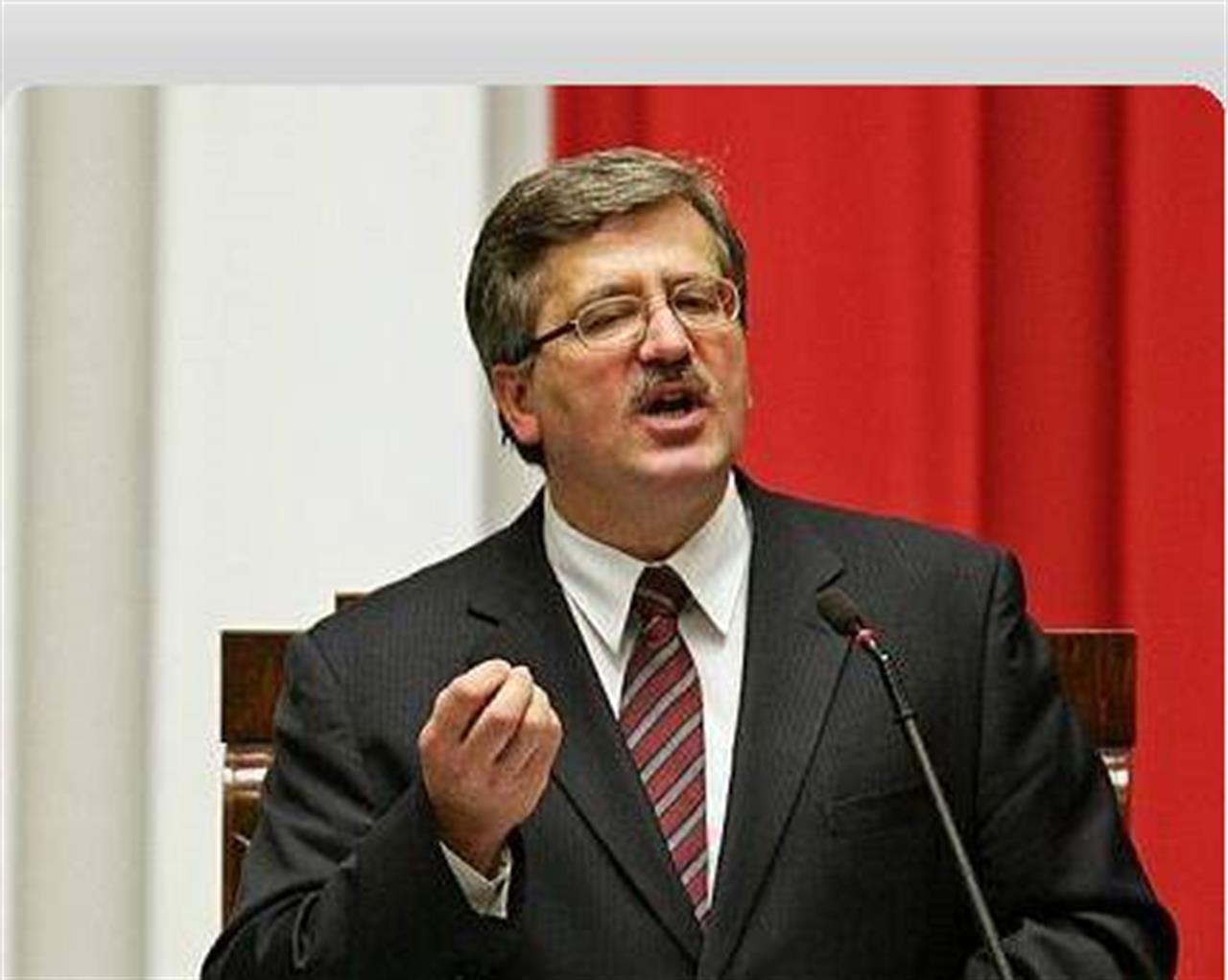Mondo
Elections give hope to third sector
Bronislaw Komorowski wins the Polish presidential election. Where does civil society stand now?

Only a few days have passed since Poland elected its new president and Polish civil society is already hopeful. The elections saw the liberal candidate Bronislaw Komorowski winning 53.01% of the vote and the third sector is hailing him as their new ally.
The reasons may be found in the political limbo that civil society has lived in “since the left wing government that traditionally represented third sector issues fell from grace two years ago”, explains Mariusz Wojtowicz, director of Domus Italia, an organisation that promotes the exchange of best practices between Polish and Italian third sectors. But on the table there is also a more pressing issue: Poland’s relationship with Europe. The former president, Lech Kaczynski, who died tragically in an aeroplane accident in April, had strongly opposed ties between Warsaw and Brussels but Komorowski is a declared supporter of the European Union and is expected to bring Poland one step closer to joining the Euro.
Wojtowicz spoke with Vita Europe and gave his view on what civil society should expect from this new president.
What impact will the results of the presidential election have on the Polish third sector?
Positive, because one of the new president’s areas of engagement is the third sector. From a strategic point of view, this kind of social recognition is important. From a political point of view, his political party [the Civic Platform] started introducing civil society themes to their program several years ago. But we still need to wait and see in concrete terms what the activities will be.
Are third sector actors pleased with the results?
There are mixed feelings. The majority are happy but there are also many actors with ties to the opposition Law and Justice party. It is important to highlight that the political left, which is traditionally more sensitive to civil society’s issues is no longer the main voice for civil society.
What about Poland’s entry into the eurozone?
In my opinion the debate over the euro has not taken off like it should have. The government had tried to introduce necessary budgetary reforms but was blocked by the late Polish President. But the government can’t shy away from these necessary but socially and politically painful reforms.
Is it in the interest of the Polish third sector for Poland to join the eurozone?
I believe that the Polish third sector is in line with the positions of the European Union. It is drawn to the union’s legislative solutions, initiatives and to international models –above all the Italian third sector model. As for the adoption of the euro, it just needs to be implemented as it has already been decided. This will force us to ‘tighten our belts’ but that is not necessarily a bad thing.
Si può usare la Carta docente per abbonarsi a VITA?
Certo che sì! Basta emettere un buono sulla piattaforma del ministero del valore dell’abbonamento che si intende acquistare (1 anno carta + digital a 80€ o 1 anno digital a 60€) e inviarci il codice del buono a abbonamenti@vita.it
